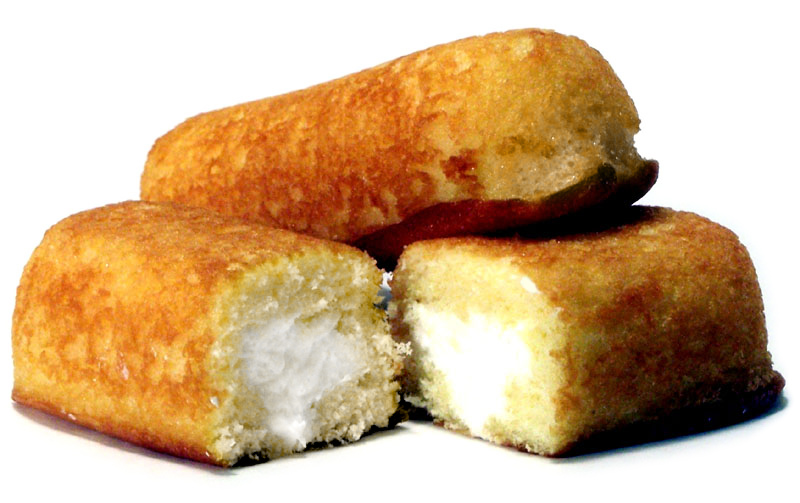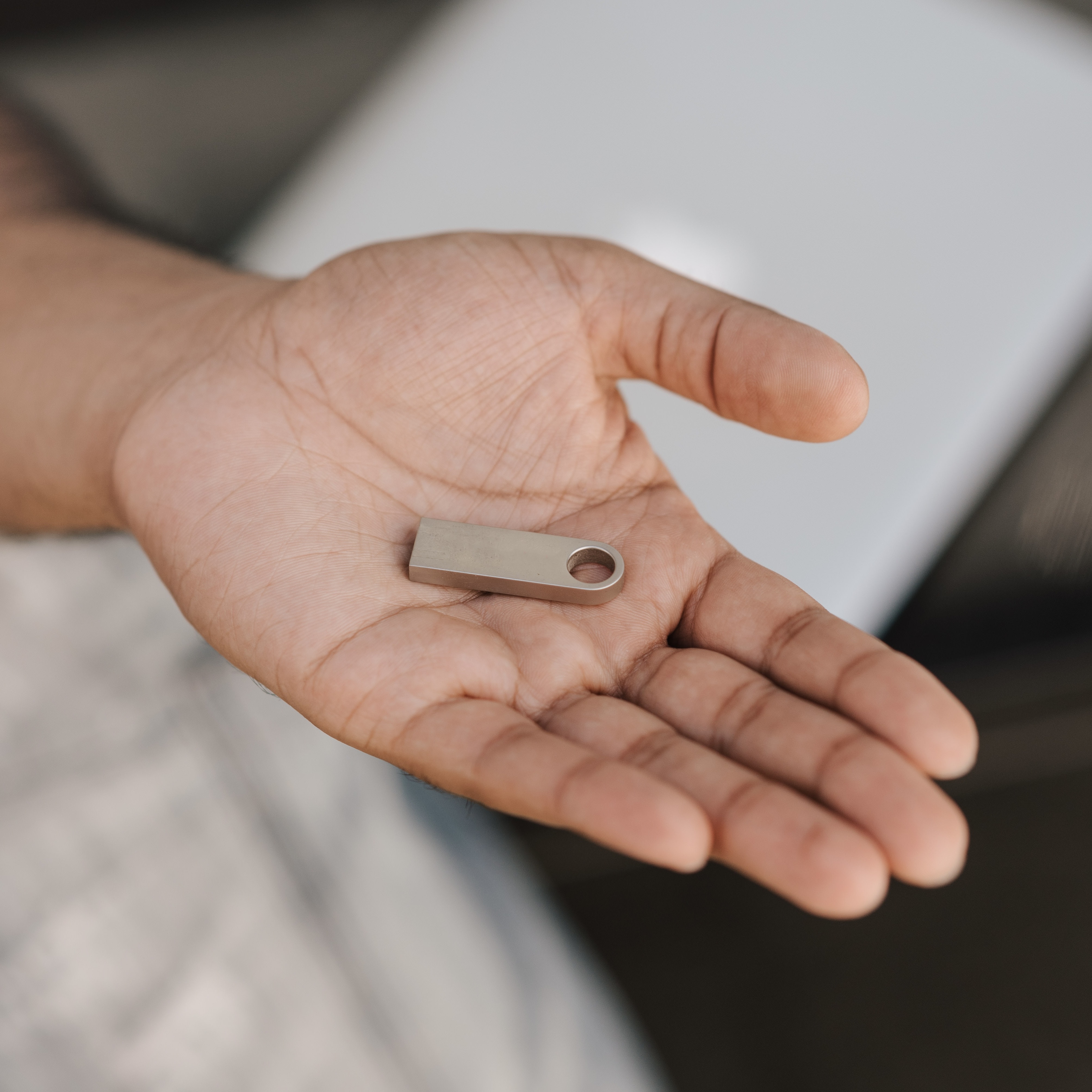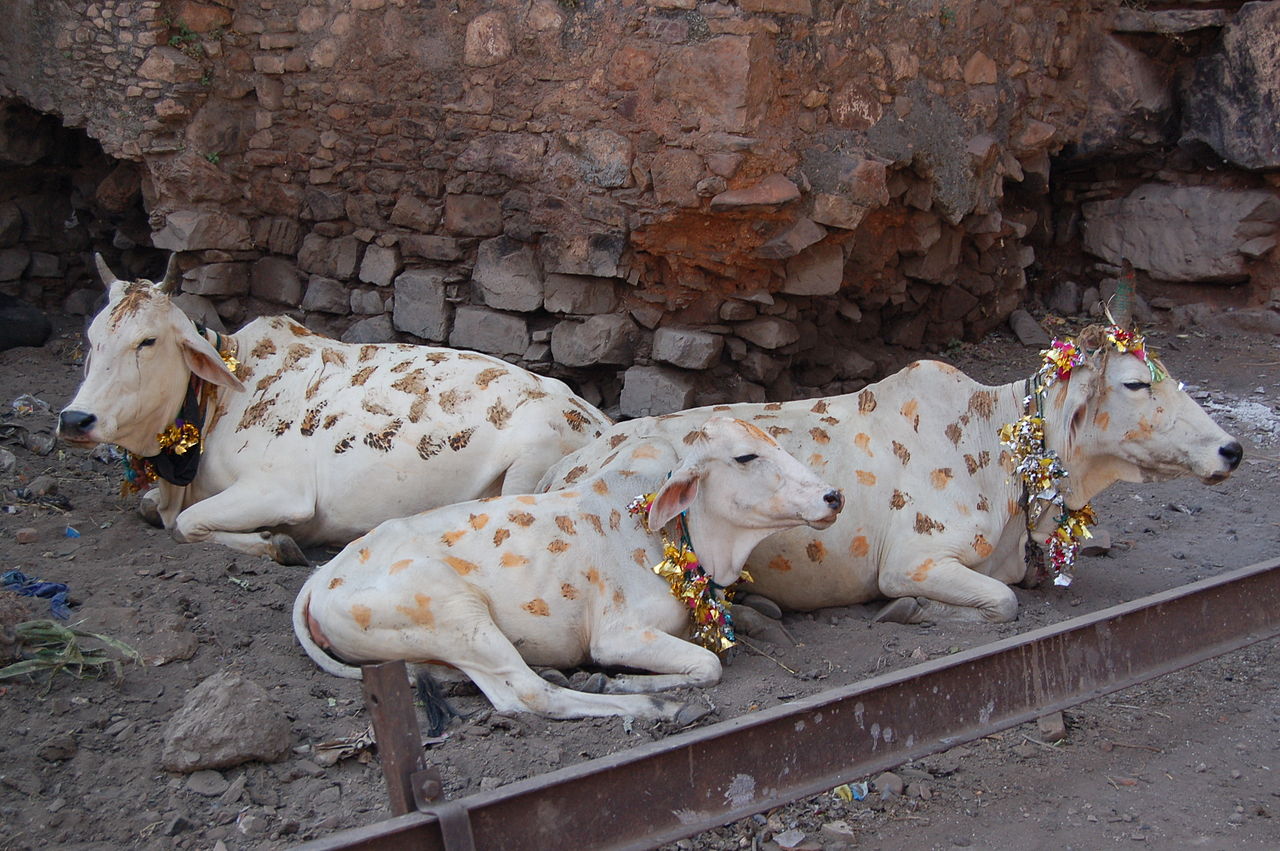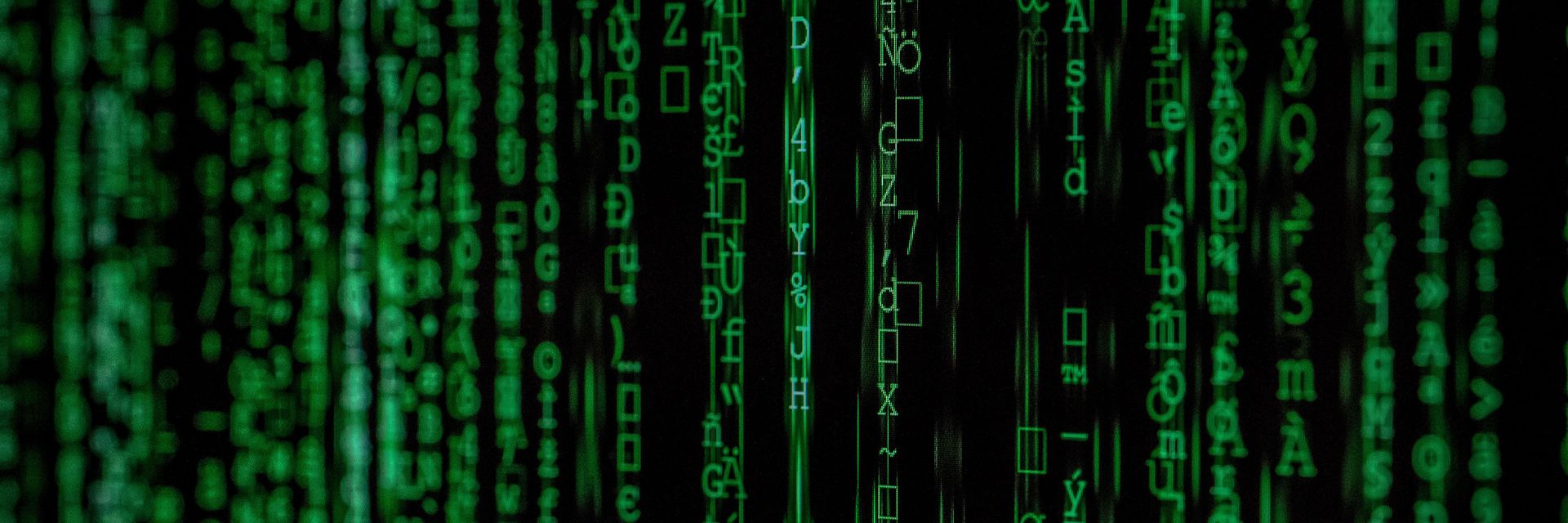[Editor's Note: This article was originally published in November 2018.]
The black market is open for business whenever there is demand for products that are illegal or otherwise difficult to obtain. While some items (such as illicit drugs or weapons) are commonly associated with the black market, other more unusual goods also find their way into the “shadow economy” that supplies and employs billions of people around the world.
◊
The black market: We’ve seen it on the big screen, heard about it on the news, and may have even read about it in our history textbooks. (And some of us may have bought an item or two on the black market.) No, it’s not a shopping mall on the outskirts of town. It exists all around us, but is invisible to some. It can be found in many venues: from city street vendors selling items that “fell off the truck” to more sinister enterprises involving illegal weapon sales and human trafficking. And, with the advance of technology, the black market has spread even further, often finding a home on the “dark web.”
What Is the Black Market?
The black market operates off illegal, unreported, or informal transactions that evade taxation. While the black market brings to mind truly dangerous activities such as gun-running and illicit drug deals, it also includes more mundane business practices that might surprise you. Any off-the-books business activities are included under the “black market” umbrella. This “shadow economy” is also known as System D.
The term “System D” comes from the French-African slang phrase “l’economie de la débrouillardise.” Débrouillards are those who are thought to be resourceful and ingenious – a trait assigned to the members of this taboo market for being inventive and self-starting, operating outside of the traditional economic system.
We may think that this darker side of commerce is rather limited in scope, but System D is actually the second-biggest economy in the world. In fact, the Organization for Economic Co-operation and Development found that a shocking half of all workers in the world are employed in the black market. That’s about 1.8 billion people!
Why Does the Black Market Exist?
I bet you, or someone you know, has bought something through System D. Don’t believe me? Well, have you ever wanted to attend a concert, only to have your dreams squashed when the tickets sold out? Maybe you went to the venue anyway and bought an overpriced ticket from some character hawking tickets outside. Congratulations, you’ve made a purchase on the black market.
Ticket scalping, resales, and price gouging are hard to combat, as there is no federal regulation. Modern day ticket scalpers use “bots” (computer software) to accumulate online tickets at faster-than-human speeds. According to Consumer Reports, the average markup on these tickets is 49% above face value, with profit margins often exceeding 1,000%.
When goods become scarce, they frequently end up on the black market. Yes, you may have to pay a pretty penny for them, but you’ll be able to score previously impossible-to-get items. The black market is also an option when you’re searching for illegal goods like drugs, or even the sugary goodness of kinder eggs. It comes into play when previously legal items are banned, like alcohol during Prohibition. Fortunately, we can now pour ourselves a glass of wine after a rough day, but if your vice is one of the items below, you may have to bend some rules to get a hold of it.
4 Decidedly Not “Dark” Items You Can Find on the Black Market
Now and then, some strange and downright comical items end up creeping through shady deals and back alley shops. After all, where there’s a will, there’s a way, right? It’s likely you have never associated these items with illegal operations, but they are definitely lurking out there. Like …

Hostess Twinkies (Source: Larry D. Moore, 2005, via Wikimedia Creative Commons BY 4.0)
The Sweet Side of the Black Market
Twinkies! These little bad boys started popping up across the black market in 2012 when Hostess announced it was hanging up its apron. I guess I’m not surprised these stuffed nutrition-abominations were being stockpiled by super fans and entrepreneurs alike. After all, a decent supply of these babies can quite literally last forever. (Yes, I know there are expiration dates on the packages, but do those really count for Twinkies?) Thankfully, though, the sugar-dark ages came to an end. Hostess eventually reconsidered and brought back Twinkies after about a year, and the black market in these yellow pop culture icons collapsed.

Choco Pie (Source: Quercus acuta, via Wikimedia Creative Commons)
The Black Market Can Be a Piece of Cake
This next item may not be too much of a shock after learning about what I’ll call The Great Twinkie Crisis of 2012, but I’m sure it didn’t cross your mind before now. Much like the Twinkie shadow economy, Choco Pies from South Korea made it onto the list of criminally traded items. These chocolate-covered, marshmallow-filled pillows became a hot commodity in North Korea. Factory workers there were given these sweet treats as snacks – and they were even used sometimes to pay worker-bonuses. The treats were widely enjoyed on factory property, but things started to get less sweet when factory operators noticed a lack of empty wrappers.
It turns out that Choco Pies were being smuggled out of the factories to be shared with family and others. That’s when these little bundles of carbs began to surface on the black market. The demand was so great that they were sold for at least $10 per piece. So, each little cake (with a normal retail price of about 50 cents in South Korea) brought in a 1900% profit.
Sadly, the sweet times had to come to an end. To counter the black market in Choco Pies, factory owners exchanged the highly coveted treats for sodium-filled, equally junky cup-noodles. But the replacement didn’t do the trick the way the South Korean import had – and North Koreans wanted more Choco Pies. But how would they get them? Cue the … balloons?
Helium balloons are often used to send messages from South to North Korea, but this time something tastier was being delivered. In 2014, South Korean activists sent 10,000 Choco Pies to North Korea by way of balloon. I’m not sure who received them, but it would be nice to imagine they were shared fairly with everyone instead of ending up on the exorbitantly expensive black market. But that’s probably wishful thinking.

Flash drive (detail) Source: Anete Lusina, via Unsplash)
A Pirate's Life for Me
Want some music to go along with your black market treats? Then you’re in luck. Odds are, you probably “have a friend” who has downloaded music illegally. I’m not saying I’ve done it, but it’s definitely a type of more “acceptable” crime that many generally law-abiding people have committed. This was especially true in the early 2000s when file-sharing sites like LimeWire and Napster surfaced.
You can probably do a quick Google search for a free download of that Celine Dion power ballad you reserve for the shower, but why not explore an infinitely more exotic option? If you’re tired of staring at your bedroom computer monitor, and you like to travel, you can hop on a plane to Mexico to obtain those guilty pleasure tunes.
It may sound peculiar, but USBs are the hip way to buy illegal music in Mexico. Sure, there’s a good chance it’s chock full of malware, but hey, that’s why we have antivirus protection, right? Just stroll through the street markets, and you’ll come across colorful bins full of mysterious mixes of music, sorted by genre. You probably won’t know what you’re getting, but isn’t that the fun of it? (Of course, I in no way endorse the buying or downloading of illegal music - USB or otherwise … okay, NSA?)

Cows in India (Source: Grace, Happy Diwali, via Wikimedia Creative Commons)
There’s a Lot at Steak
Cow Smuggling: It may sound like a bad joke, but it’s an actual epidemic in India. We might look at a cow and think of hamburgers and milk, but Hindu culture regards our bovine friends as sacred. The consumption of beef is prohibited, and these animals roam freely without risk of slaughter – or so they did until the black market stepped in.
Bangladesh, a neighbor to India, has a Muslim population that does not hold cows in the same high regard as the Indian Hindus. For Bangladeshis, cows are an approved meal choice. To feed the black market, they are purchased in India, smuggled into Bangladesh, and sold at a high profit. It’s estimated that 1.5 million cattle are smuggled annually and that they account for half of the beef eaten in Bangladesh.
To combat this illegal trade, local governments in India came up with a plan: photo IDs. You see, the usual methods of ear tags or branding were unsatisfactory because of the harm they might cause to the cows. So, in 2007, cows were issued photo IDs to deter smuggling. Perhaps unsurprisingly, the system has not been a remarkable success.
No Need to Shop in the “Dark”
It’s fun to take a look at the sillier side of the black market, but it’s also important to remember that there are much darker sides that you don’t want to get mixed up in. Fortunately, we don’t have to trade secrets in dark alleys for a box of chocolate treats or hamburgers. The items on this list are legal and plentiful in grocery aisles and Amazon shopping carts … for now. Just to cover my bets, though, I’m going to grab a bunch of Twinkies and a bottle of wine. You never know when they’ll disappear from the shelves again.
Ω
Title image: Hacker binary attack code. (Credit: Markus Spiske, via Unsplash)

